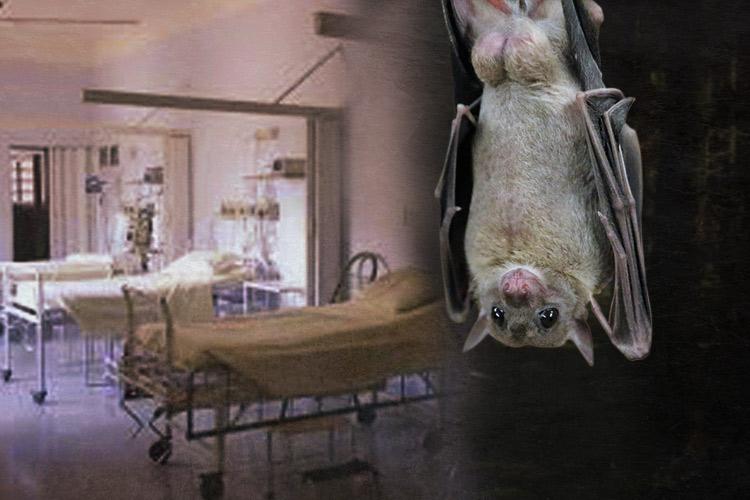
Nipah Virus: Symptoms, causes, prevention and how to deal with it
Nipah virus (NiV) infection, the deadly virus outbreak has claimed at least 10 lives in the southern state. The virus first claimed the lives of two brothers and their aunt in Perambara near Kozhikode.
Nipah virus is a little-known virus, which is on the priority disease watchlist of the World Health Organisation (WHO).
Nipah virus is closely related to Hendra virus.
Symptoms - such as fever, headaches, muscle pain, vomiting and sore throat are initially seen in people infected with the virus. This can be followed by dizziness, drowsiness, altered consciousness, and neurological signs that indicate acute encephalitis.
 The incubation period - interval from infection to the onset of symptoms - is believed to range between from 4-14 days, however, an incubation period as long as 45 days have been reported.
According to the WHO, NiV is a zoonotic virus, which means it can be transmitted to humans from animals such as bats, pigs. Fruit bats of the Pteropodidae family are the natural host of Nipah virus.
Procedures for laboratory diagnosis of Nipah virus include a series of tests - serology, histopathology, PCR and virus isolation. Serum Neutralization Test, ELISA, RT-PCR are used for laboratory confirmation.
There is no specific drug or vaccine for NiV infection, hence, intensive care remains the mainstay to treat severe respiratory and neurologic complications.
The incubation period - interval from infection to the onset of symptoms - is believed to range between from 4-14 days, however, an incubation period as long as 45 days have been reported.
According to the WHO, NiV is a zoonotic virus, which means it can be transmitted to humans from animals such as bats, pigs. Fruit bats of the Pteropodidae family are the natural host of Nipah virus.
Procedures for laboratory diagnosis of Nipah virus include a series of tests - serology, histopathology, PCR and virus isolation. Serum Neutralization Test, ELISA, RT-PCR are used for laboratory confirmation.
There is no specific drug or vaccine for NiV infection, hence, intensive care remains the mainstay to treat severe respiratory and neurologic complications.
 People should avoid consuming fruits that have fallen on to the ground or seem to be bitten by animal/bats or rodents. Freshly collected date palm juice should be boiled and fruits should be thoroughly washed and peeled before eating.
Gloves and other protective clothing should be worn while handling infected animals or their tissues. Also, people should avoid being in contact with infected animals like pigs.
People should avoid close unprotected physical contact with Nipah virus-infected people. While caring for NiV patients or handling specimens from them, people, especially healthcare workers, should implement standard infection control precautions at all times.
-PTC News
People should avoid consuming fruits that have fallen on to the ground or seem to be bitten by animal/bats or rodents. Freshly collected date palm juice should be boiled and fruits should be thoroughly washed and peeled before eating.
Gloves and other protective clothing should be worn while handling infected animals or their tissues. Also, people should avoid being in contact with infected animals like pigs.
People should avoid close unprotected physical contact with Nipah virus-infected people. While caring for NiV patients or handling specimens from them, people, especially healthcare workers, should implement standard infection control precautions at all times.
-PTC News
